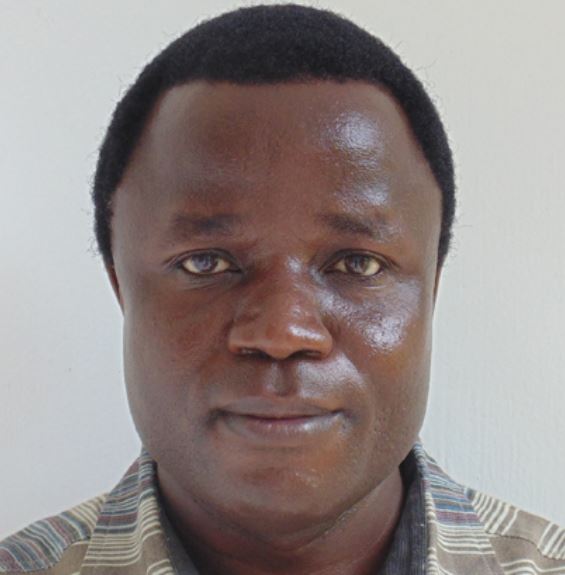
A Sustainable Blue Economy is a marine-based economy that provides social and economic benefits for current and future generations. It restores, protects and maintains the diversity, productivity and resilience of marine ecosystems, and is based on clean technologies, renewable energy, and circular material flows.
The importance of the ocean therefore, cannot be overemphasized. Globally the ocean economy is valued at about USD 24 Trillion. In the Western Indian Ocean Region (Comoros, France, Kenya, Madagascar, Mauritius, Mozambique, Seychelles, Somalia, South Africa and Tanzania), ocean-based assets are valued at USD 333 Billion. Kenya has a share of USD 2.4 Billion with 90% of this coming from coastal tourism. Fish and fisheries products are the most traded commodities globally valued at USD 152 Billion, with developing countries including Kenya accounting for 54% of the global share.